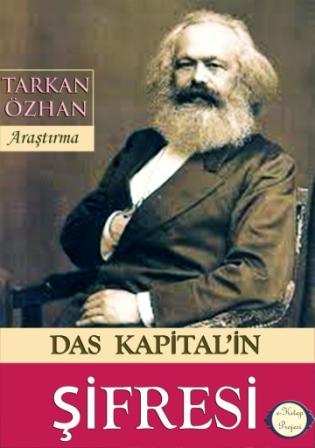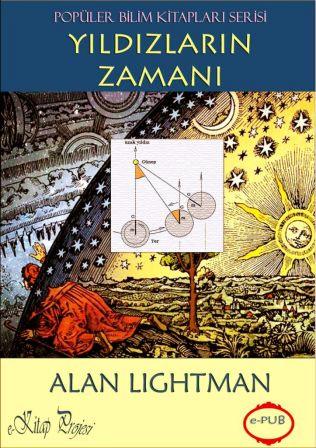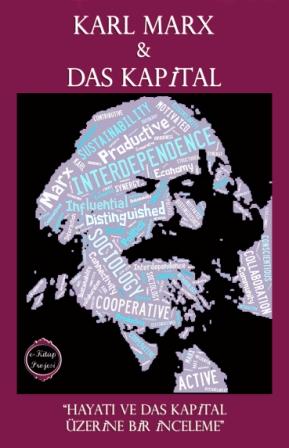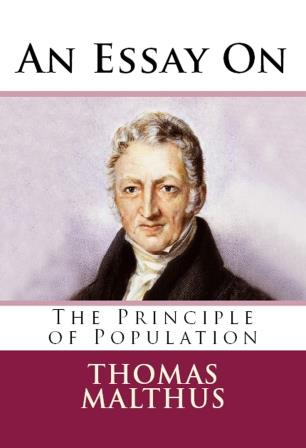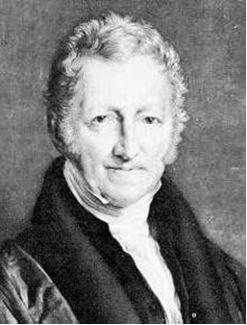
He (Thomas) Robert Malthus
(13 February 1766 – 23 December 1834) was a British cleric and scholar, influential in the fields of political economy and demography. Malthus himself used only his middle name Robert. Malthus became widely known for his theories about change in population. His An Essay on the Principle of Population observed that sooner or later population will be checked by famine and disease. He wrote in opposition to the popular view in 18th-century Europe that saw society as improving and in principle as perfectible. He thought that the dangers of population growth precluded progress towards a utopian society: “The power of population is indefinitely greater than the power in the earth to produce subsistence for man”. As a cleric, Malthus saw this situation as divinely imposed to teach virtuous behaviour. Malthus wrote:
That the increase of population is necessarily limited by the means of subsistence, That population does invariably increase when the means of subsistence increase, and, That the superior power of population is repressed, and the actual population kept equal to the means of subsistence, by misery and vice.
Malthus placed the longer-term stability of the economy above short-term expediency. He criticised the Poor Laws, and (alone among important contemporary economists) supported the Corn Laws, which introduced a system of taxes on British imports of wheat. His views became influential, and controversial, across economic, political, social and scientific thought. Pioneers of evolutionary biology read him, notably Charles Darwin and Alfred Russel Wallace. He remains a much-debated writer.
An Essay on the Principle of Population
The following Essay owes its origin to a conversation with a friend, on the subject of Mr Godwin's essay on avarice and profusion, in his Enquirer. The discussion started the general question of the future improvement of society, and the Author at first sat down with an intention of merely stating his thoughts to his friend, upon paper, in a clearer manner than he thought he could do in conversation. But as the subject opened upon him, some ideas occurred, which he did not recollect to have met with before; and as he conceived that every least light, on a topic so generally interesting, might be received with candour, he determined to put his thoughts in a form for publication.





















